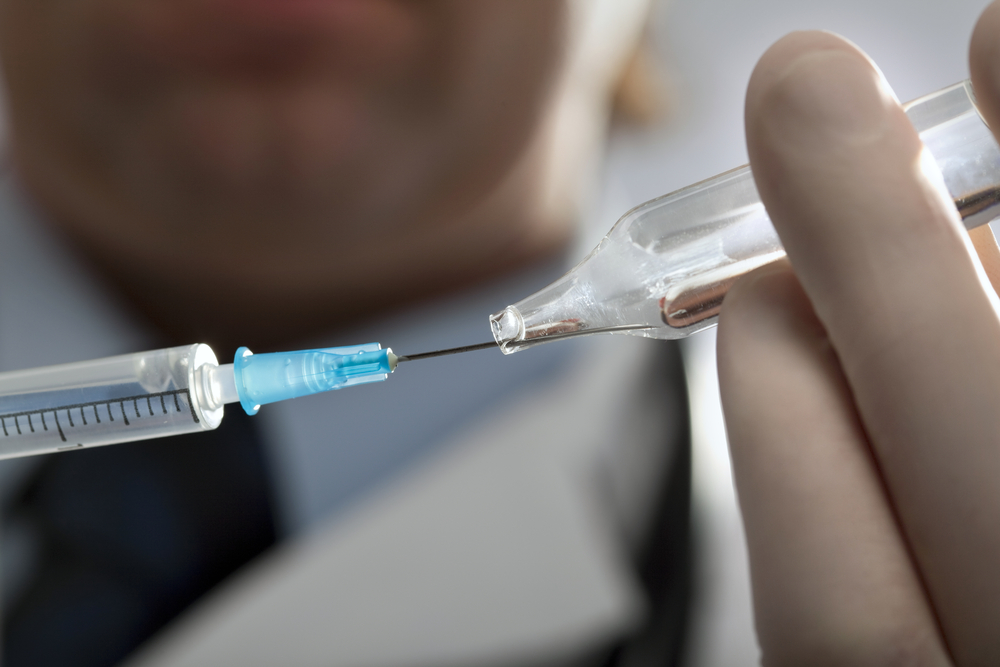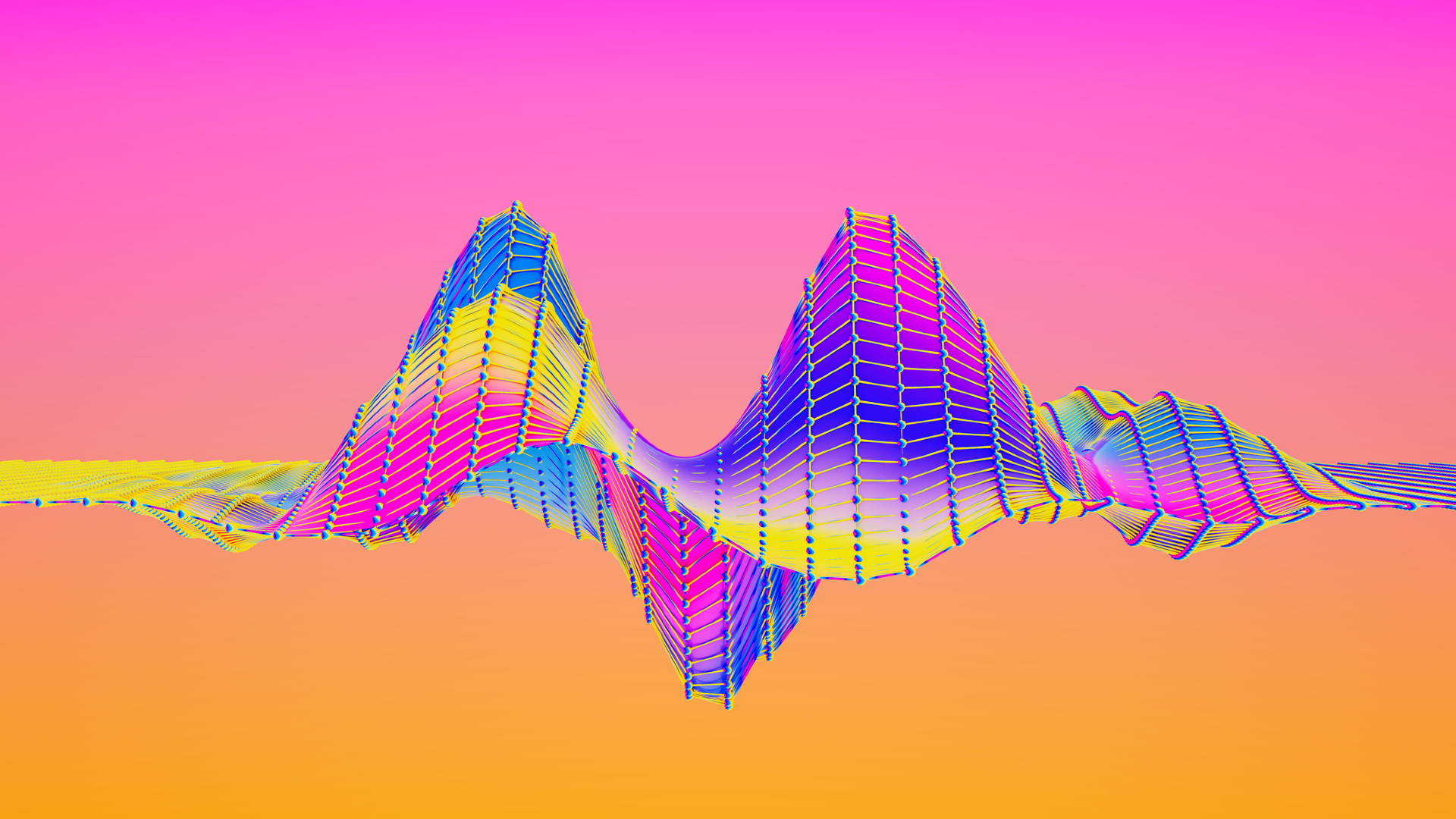Scared of Needles? Looking Away Lessens the Pain

Get the world’s most fascinating discoveries delivered straight to your inbox.
You are now subscribed
Your newsletter sign-up was successful
Want to add more newsletters?

Delivered Daily
Daily Newsletter
Sign up for the latest discoveries, groundbreaking research and fascinating breakthroughs that impact you and the wider world direct to your inbox.

Once a week
Life's Little Mysteries
Feed your curiosity with an exclusive mystery every week, solved with science and delivered direct to your inbox before it's seen anywhere else.

Once a week
How It Works
Sign up to our free science & technology newsletter for your weekly fix of fascinating articles, quick quizzes, amazing images, and more

Delivered daily
Space.com Newsletter
Breaking space news, the latest updates on rocket launches, skywatching events and more!

Once a month
Watch This Space
Sign up to our monthly entertainment newsletter to keep up with all our coverage of the latest sci-fi and space movies, tv shows, games and books.

Once a week
Night Sky This Week
Discover this week's must-see night sky events, moon phases, and stunning astrophotos. Sign up for our skywatching newsletter and explore the universe with us!
Join the club
Get full access to premium articles, exclusive features and a growing list of member rewards.
Looking away while you're getting an injection really does make it hurt less, a new study from Germany suggests.
Study participants who received a mild electric shock on their hand rated their pain as more intense when they watched a video of a hand being pricked by a needle, compared with when they watched a hand being touched by a Q-tip.
"We’ve provided empirical evidence in favor of the common advice not to look at the needle prick when receiving an injection," study researcher Marion Höfle, a doctoral student at the University Medical Center Hamburg-Eppendorf, said in a statement.
Our perception of pain is based on our past experience. "Throughout our lives, we repeatedly learn that sharp objects cause pain when penetrating our skin," the study researchers wrote.
But it's also based on our expectations in a given situation, they said. For example, a health care professional may influence our pain by telling us what to expect before they administer an injection.
In the study, 25 people, mostly university students, were given electric shocks designed to "evoke a stabbing and sharp sensation" in their left index fingers. Prior to the experiment, researchers measured each participant's pain threshold and adjusted the intensity of the shock accordingly.
During the experiment, each participant sat with his left hand, palm-up, beneath a screen in front of him, as a video of a hand in the same position was played on the screen — this gave the impression that they were looking at their own hand, the researchers said. The hand in the video was either pricked with a needle, or touched with a Q-tip. As a control, participants were also shown a hand alone.
Get the world’s most fascinating discoveries delivered straight to your inbox.
Participants rated the pain they felt, and the unpleasantness of the sensation, on scales from 0 to 100.
Results showed that participants reported slightly worse pain, and significantly more unpleasantness, when they watched the video of the needle, compared with the video of the Q-tip.
The findings suggest that people's expectations regarding a pain they are about to feel affect their perception of the pain's intensity, the researchers wrote in their conclusion, published in the May issue of the journal Pain.
The results are in line with those of previous studies, the researcher said. For example, people who are given cues that a stimulus will be very painful rate their pain as stronger, compared with people given the same stimulus but given cues that the pain will be mild.
Follow MyHealthNewsDaily on Twitter @MyHealth_MHND. Find us on Facebook.
 Live Science Plus
Live Science Plus











